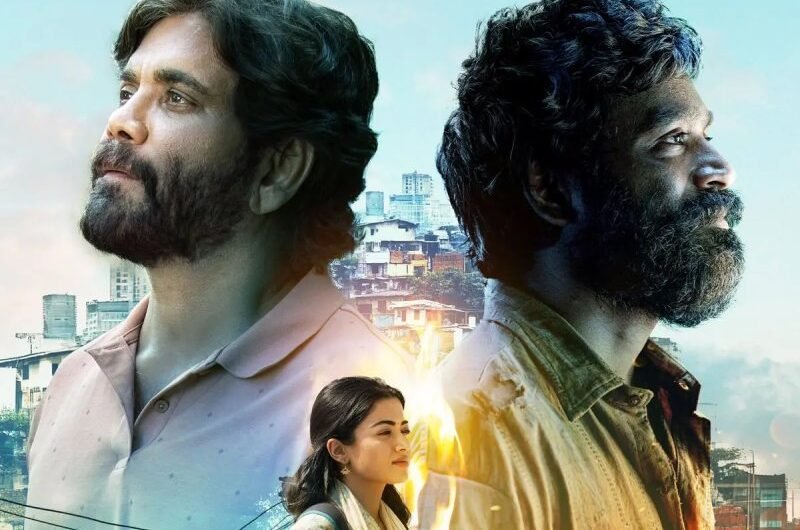One of the biggest events in the European art scene, the Istanbul Biennial, was thrown into confusion on Friday when the chief curator announced his resignation and the event was rescheduled for 2025.
The Istanbul Foundation for Culture and Arts, the organization behind the biennial, stated in a news release that it was “impossible” for the show to start in September as scheduled due to disagreements among the art community regarding the selection of British curator Iwona Blazwick to lead the event.
In a phone interview, a foundation spokesperson stated that Blazwick had quit following the decision to delay.
For months, there has been a commotion surrounding the show. Prior to assuming the position of head curator, Blazwick served on a four-person advisory team that evaluated candidates and first suggested that Turkish curator Defne Ayas handle the upcoming, 18th edition. However, the biennial’s organizers decided against it and declared in August that Blazwick would take the lead instead.
An emailed question concerning the Istanbul Foundation for Culture and Arts’ rejection of Ayas went unanswered on Friday, but sources in the art world surmise that it was because her choice would have stirred up political unrest in Turkey. Ayas oversaw the Turkish Pavilion’s 2015 Venice Biennale curation. The Armenian genocide, in which the Ottoman Empire killed almost 1.5 million Armenians, was briefly mentioned in the Pavilion’s catalog. Turkey contests the existence of the genocide.
Istanbul was at a crossroads, and Blazwick, a well-known person in the modern art world who oversaw the Whitechapel Gallery in London for 20 years, must have appeared like a safer choice with his expertise in Europe and the Middle East. In addition, she serves as the head of a royal commission in Saudi Arabia that is in charge of creating national public art initiatives.
However, following Blazwick’s hiring, Turkish artists started to criticize the organizer’s activities once The Art Newspaper revealed the terms of her selection, which included Ayas’s marginalization.
Dozens of artists who had taken part in the biennial’s earlier iterations joined an online petition in October, urging the Istanbul Foundation for Culture and Arts to restructure its curatorial selection procedure. The petition posed the question, “Who is the Istanbul Biennial’s decision-maker?” “What are the selection process’s criteria and ethical guidelines?”
The Istanbul Foundation for Culture and Arts declared in a matter of days that it would only accept applicants who were suggested by its advisory board and that it would make the selection process more transparent for subsequent editions. Later that month, four Turkish artists who had been invited to participate in the biennial declared via an Instagram post that they were turning down the invitation since the occasion was no longer “a favorable ground for art production and sharing,” despite their earlier pledge.
Beginning in 1987 and held in several locations throughout the city, the Istanbul Biennial has grown in popularity in the early 2000s. For foreign curators and collectors, it is a priceless window into the interests of Turkish artists, many of whom assert that they self-censor in order to avoid offending President Recep Tayyip Erdogan and his hardline backers. The theme for this year’s event was the “role of art in the aftermath of loss and trauma,” whereas prior years’ themes included environmental change.
A representative of the Istanbul Foundation for Culture and Arts announced via email on Friday that the 2025 edition will have a new curator. She went on to say that their appointment would be determined by the new, more open selection procedure.
Topics #Istanbul Biennial











